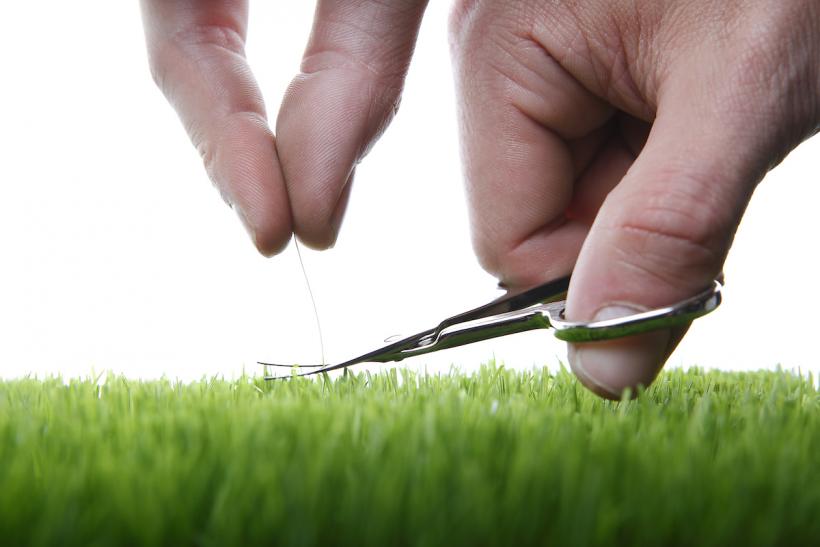Being a bit of a perfectionist myself, it’s taken me quite a while to figure out the answer to this very question.
Perfectionists are people who try their hardest to be perfect, hoping this will make them more likeable. They were the kids that were “goody-two shoes,” or the “teacher’s pet,” or the class president. They strive to achieve goals, get good grades, maintain a healthy physique, and, well, seem overall perfect. Most of these are actually attempts to reach societal expectations or fit into someone else’s standards of smart/beautiful/successful. Perfectionists usually aim to please, but wanting to please everyone usually fails and in the end, no one is pleased – least of all, the perfectionist in question.
So why are perfectionists doomed to fail in their craft of perfection? Precisely because it’s unnatural. At best, most people find perfectionist traits to be too “unreal,” and at worst may consider them snobby and elitist. They see perfectionists as competing with everyone else for the spotlight, the recognition, and the praise of being “the best.” They find perfectionists unapproachable and stiff; and perhaps they are reminded of their own failures when they compare themselves to an overachiever.
In reality, no human is infallible. We are all flawed and by definition cannot achieve perfection, no matter how hard we try. The life goal of the perfectionist is to learn to accept this, and forgive themselves their own imperfections. Learning to accept their humanity can dissolve the invisible divide between them and the rest of the world. When the perfectionist can stop holding an impossible standard for him/herself, and is able to laugh and learn from mistakes and failures, is when they can finally stop being overly critical of themselves and others.
Admitting that we are flawed, and that it’s okay, is key to bonding with others, because this trait is what all humans share. Everyone can relate to feeling less-than, to failure, to misery, to suffering. The difference with perfectionists is that they hide this aspect of themselves behind a veneer of external “successes” and keep all the agony and self-criticism carefully locked inside. Therefore, it’s hard for others to relate to someone who only reveals one side of themselves – “the good side.”
No one can be all good or all bad, and not everyone can be happy or sad all the time. The key is balance, and allowing yourself to feel and to share both spectrums of emotions forms the whole realm of the human existence. We are all here together, to feel the highs and lows, and to bond over these feelings as a community. Sharing these feelings with others both lightens our burden, yet enhances our “highs.” In fact, the only thing that increases in value when shared, is happiness and love. Loving ourselves allows us to love others, and that is the mission of the perfectionist. So find your tribe, your partner, your people, and bond over your common humanity!



